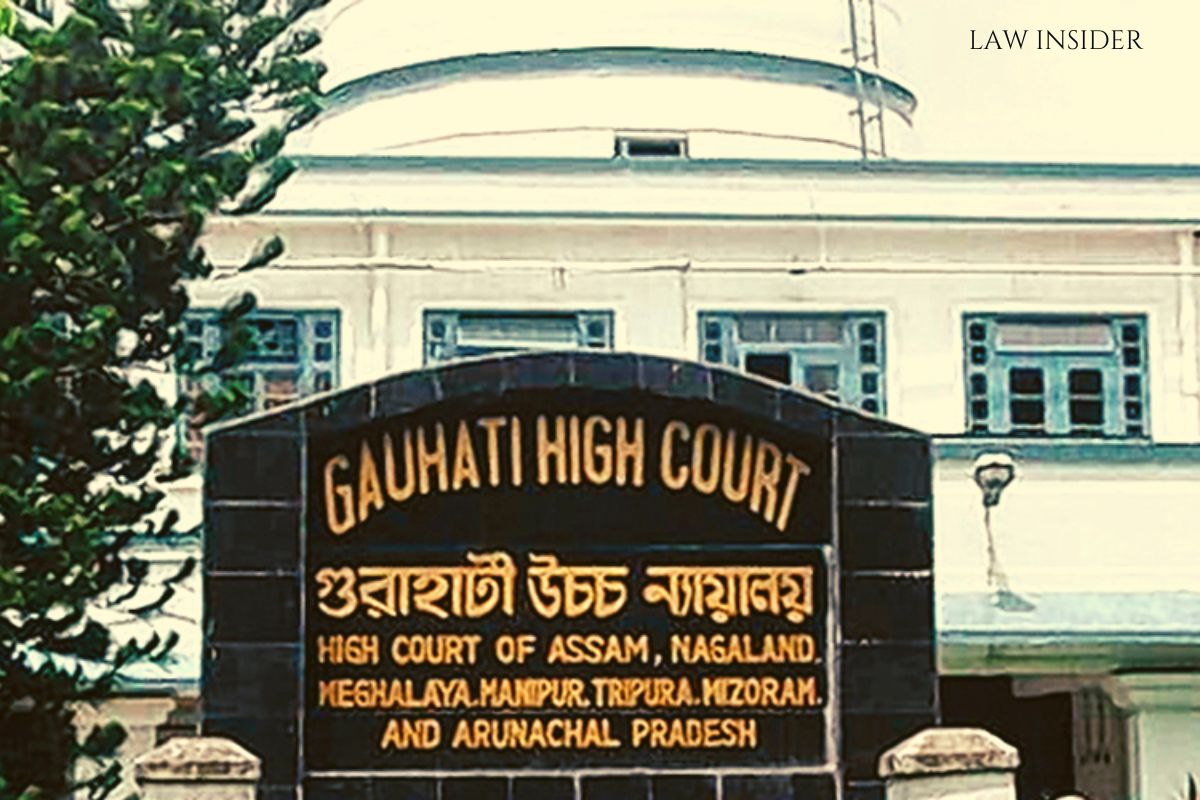LI Network
Published on: 1 August 2023 at 14:25 IST
The Gauhati High Court acquitted an appellant who had been convicted of murder in 2009. The court found that the Trial Court had not adequately considered the weaknesses in the prosecution’s case, particularly the failure to provide conclusive evidence of the manner, motive, and cause of death.
The Division Bench, comprising Justice Lanusungkum Jamir and Justice Malasri Nandi, observed that while the postmortem report was admissible under Section 32(2) of the Indian Evidence Act, the prosecution’s case suffered from serious prejudice due to the absence of any testimony from a competent medical expert. As a result, the appellant was entitled to the benefit of the doubt.
The case originated from an FIR lodged by an informant, who alleged that the appellant had fatally stabbed his father during an altercation at the accused’s house. Despite being taken to the hospital, the victim succumbed to his injuries, leading to the registration of a murder case under Section 302 IPC.
Subsequently, the Trial Court convicted the appellant, prompting him to appeal to the High Court.
During the appeal process, the Bench noted that there were no eyewitnesses to the incident, and the prosecution mainly relied on an oral dying declaration made before a prosecution witness.
The court emphasized that while a dying declaration can be a basis for conviction, it must be trustworthy, voluntary, and reliable. However, in this case, the dying declaration had not been recorded by any authorized person, such as a doctor or magistrate.
Additionally, the Bench highlighted that certain witnesses testified about the victim’s condition when they arrived at the scene but failed to present vital corroborating evidence, as some key witnesses were not examined.
Crucially, the court pointed out that the postmortem report was considered admissible under Section 32(2) of the Indian Evidence Act, but the person who presented it (P.W.12) was neither a doctor nor an expert.
There was no evidence indicating that he had been present during the postmortem examination. As a result, the court deemed this evidence insufficient to establish the cause of death conclusively.
In light of these observations, the Gauhati High Court set aside the conviction and sentence recorded by the Additional Sessions Judge against the accused/appellant in connection with Sessions Case No. 62(B)/2018 under Section 302 IPC.
The judgment in the case of Lena Basumatary v. State of Assam and Anr. serves as a reminder of the importance of thorough and competent investigation and the need for expert medical evidence in criminal cases, particularly those with serious consequences like murder trials.

